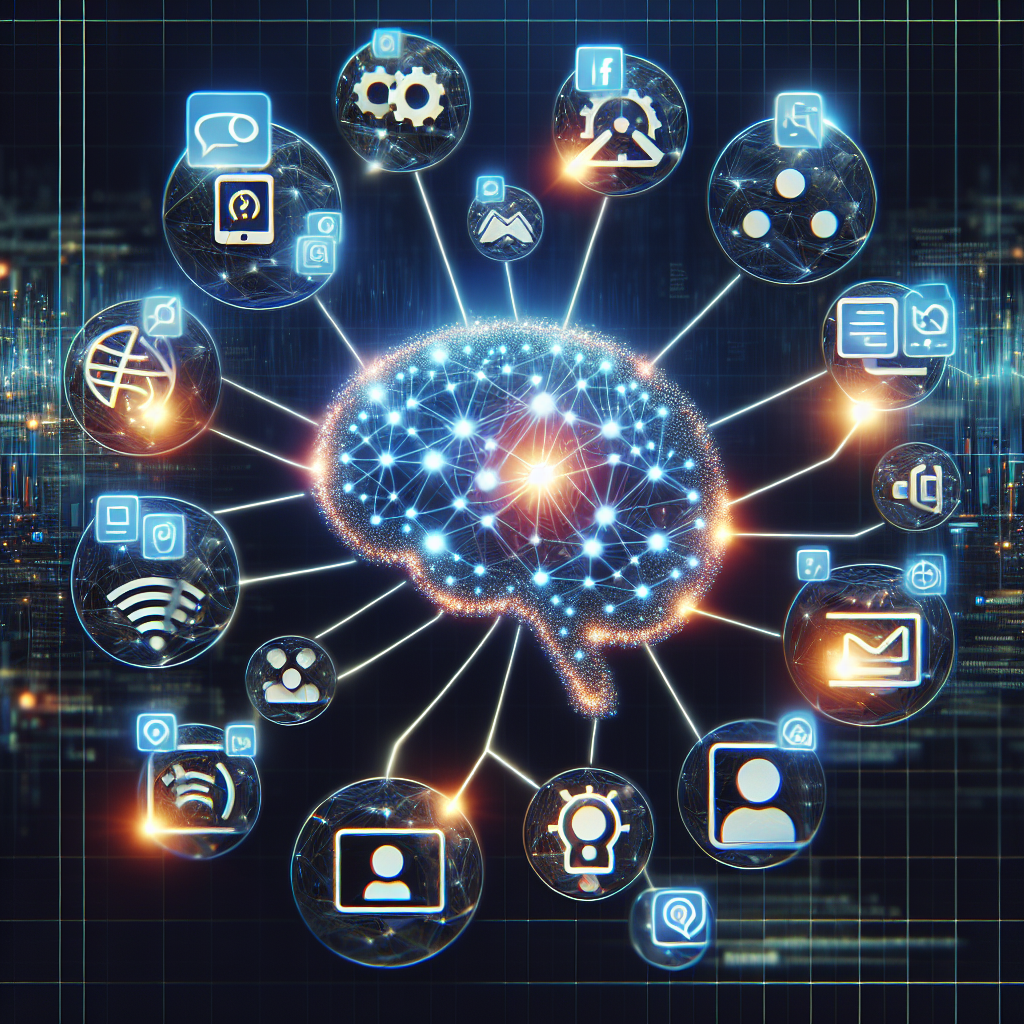In today’s digital age, social media has become a powerful tool for communication, marketing, and brand management. However, it also presents a unique challenge when it comes to crisis management. With the rise of social media platforms, news and information can spread rapidly, making it crucial for businesses to have a strategy in place to effectively manage and respond to crises on these platforms.
Artificial Intelligence (AI) has emerged as a valuable tool in social media crisis management, helping businesses to monitor, analyze, and respond to crisis situations in real-time. In this article, we will explore the role of AI in social media crisis management and how it can help businesses navigate through challenging situations.
The Role of AI in Social Media Crisis Management
1. Monitoring and Detection: One of the key roles of AI in social media crisis management is monitoring and detection. AI tools can track mentions of a brand or company across various social media platforms and analyze the sentiment of these mentions. This allows businesses to quickly identify potential crisis situations and take action before they escalate.
2. Real-time Analysis: AI can also provide real-time analysis of social media conversations during a crisis. By analyzing the tone, language, and content of social media posts, AI can help businesses understand the sentiment of their audience and tailor their response accordingly. This real-time analysis can help businesses to respond quickly and effectively to crisis situations.
3. Automated Responses: AI-powered chatbots can be used to provide automated responses to customers during a crisis. These chatbots can answer common questions, provide information, and direct customers to the appropriate channels for assistance. This can help businesses to manage the influx of inquiries during a crisis and ensure that customers receive timely and accurate information.
4. Predictive Analytics: AI can also be used to predict potential crisis situations before they occur. By analyzing historical data and trends, AI can identify patterns and signals that may indicate a future crisis. This allows businesses to proactively address issues before they escalate and minimize the impact of a crisis on their brand reputation.
5. Reputation Management: AI can help businesses to monitor and manage their online reputation during a crisis. By analyzing social media conversations and sentiment, AI can provide insights into how a crisis is impacting a brand’s reputation and help businesses to tailor their response accordingly. This can help businesses to protect their brand image and maintain customer trust during challenging times.
FAQs
1. Can AI completely replace human intervention in social media crisis management?
While AI can automate many aspects of social media crisis management, human intervention is still essential in handling complex and sensitive situations. AI can assist in monitoring, analyzing, and responding to crises, but human judgment and empathy are necessary to navigate through challenging situations and provide a human touch to communication.
2. How can businesses implement AI in their social media crisis management strategy?
Businesses can implement AI in their social media crisis management strategy by investing in AI-powered tools and platforms that are specifically designed for crisis management. These tools can help businesses to monitor, analyze, and respond to crises in real-time, providing valuable insights and support during challenging situations.
3. What are the benefits of using AI in social media crisis management?
Some of the key benefits of using AI in social media crisis management include:
– Real-time monitoring and detection of crisis situations
– Automated responses to customer inquiries
– Predictive analytics to identify potential crises before they occur
– Reputation management and brand protection
– Improved response times and customer support during crises
4. Are there any limitations to using AI in social media crisis management?
While AI can provide valuable support in social media crisis management, there are some limitations to consider. AI tools may not always accurately interpret the context and nuances of human communication, leading to potential errors in analysis and response. Additionally, AI is only as effective as the data it is trained on, so businesses must ensure that their AI tools are regularly updated and monitored for accuracy.
In conclusion, AI plays a crucial role in social media crisis management by helping businesses to monitor, analyze, and respond to crises in real-time. By leveraging AI-powered tools and platforms, businesses can proactively manage crisis situations, protect their brand reputation, and maintain customer trust during challenging times. While AI is not a replacement for human intervention, it can provide valuable support and insights to help businesses navigate through crisis situations effectively.

